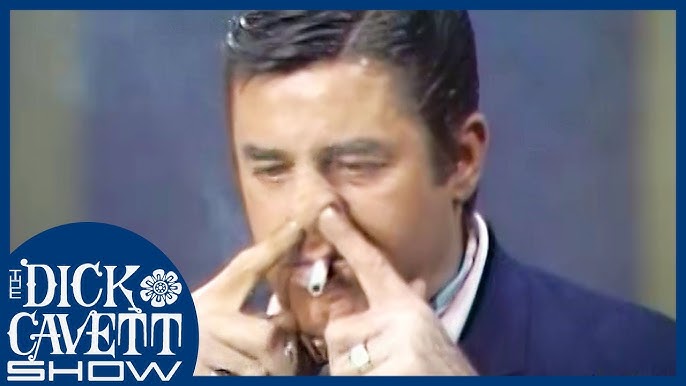In 1971, Jerry Lee Lewis appeared on *The Dick Cavett Show* in a memorable interview that provided insight into both his larger-than-life persona and his tumultuous career. The interview captured the raw energy and eccentricity that defined Lewis, who, at the time, was a living legend of rock ‘n’ roll. With a blend of humor and candor, he reflected on his rise to fame, his personal struggles, and his unyielding love for music.
The interview began with Cavett asking about Lewis’s early days in music, which led to a discussion of his beginnings at Sun Records in Memphis. Jerry Lee explained how he initially struggled to find his own sound, noting that while many of his contemporaries—like Elvis Presley and Johnny Cash—were rooted in country music, he was determined to create something different. “I had to be myself, and I had to do it my way,” Lewis said, describing how he fused boogie-woogie piano with a raw, almost reckless energy that would come to define rock ‘n’ roll. He acknowledged that his energetic, often incendiary performances helped him stand out in the competitive music world of the 1950s.
The conversation also turned to the infamous events that marred his career. Lewis’s marriage to his 13-year-old cousin, Myra Gale Brown, had caused a media scandal in the late 1950s, and he was candid about how it affected his reputation and career. “I was just a young boy, and I didn’t understand the impact,” he said, a sense of regret in his voice. At the time of the interview, Jerry Lee was still struggling with the fallout from that controversy, though his distinctive style and musical talent continued to secure him a loyal fanbase.
Cavett asked Lewis about the pressures of fame, and Lewis responded with an air of defiance. He made it clear that he didn’t care about what people thought of him, saying, “I’m not in this for the money, Dick. I’m in this for the music.” Despite his personal issues, Jerry Lee seemed undeterred in his commitment to his craft, describing how music remained the one thing in his life that gave him solace.
The interview took on a more humorous tone when Cavett brought up Jerry Lee’s notorious reputation for unpredictability. The pianist joked about his wild behavior, laughing off stories of his controversial outbursts and confrontations. Cavett, known for his quick wit, teased Lewis about his fiery nature, but Jerry Lee was unfazed, explaining that his approach to life and music was always one of intensity and passion.
By the end of the interview, it was clear that Jerry Lee Lewis, though often misunderstood, was at peace with who he was—a force of nature in the world of music, unrepentant and unapologetic about his past, but still burning brightly with a love for performing. The conversation offered a rare glimpse into the mind of a rock ‘n’ roll pioneer, a man who had both defied and been defined by the chaos of his own life.
